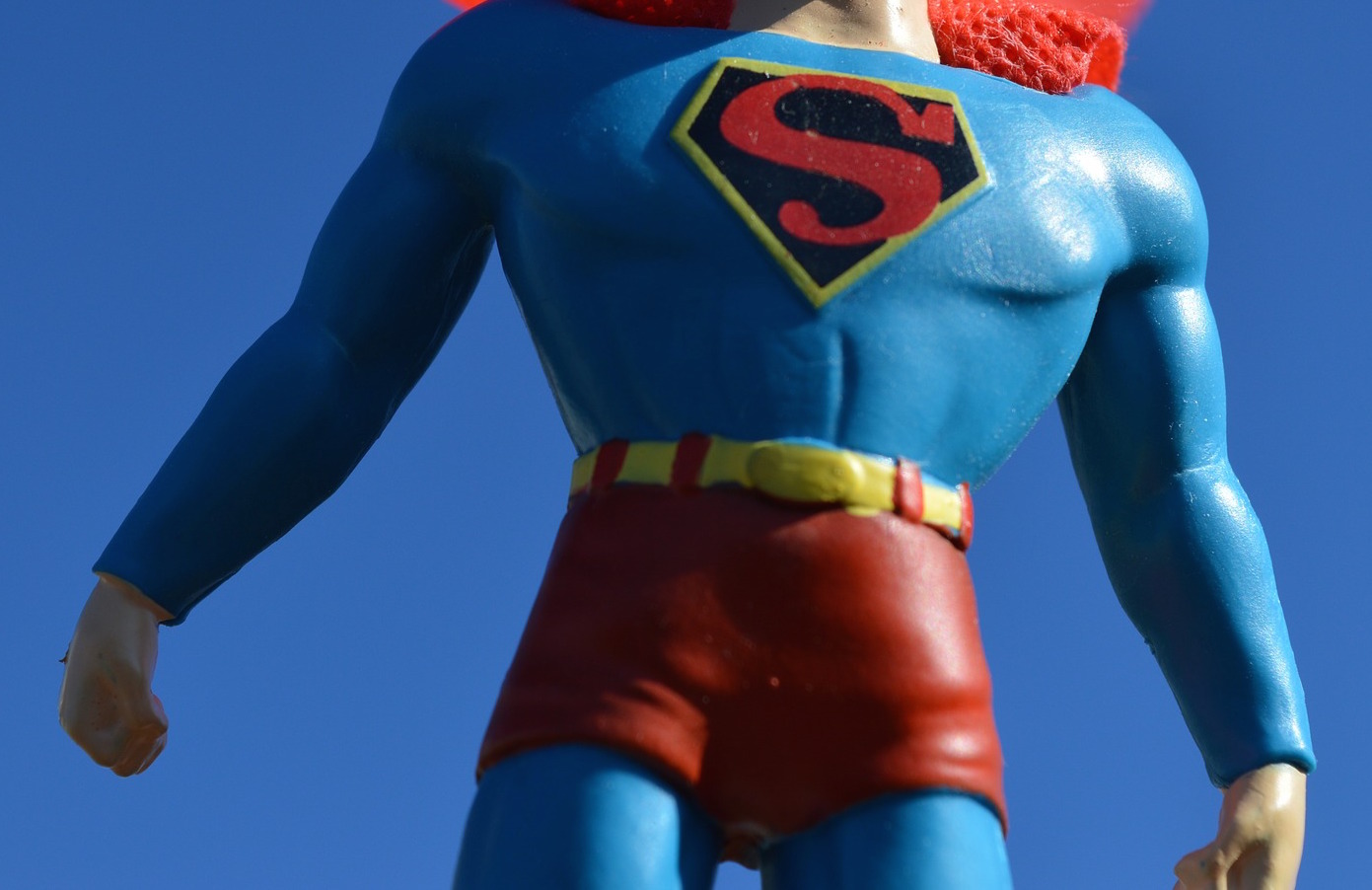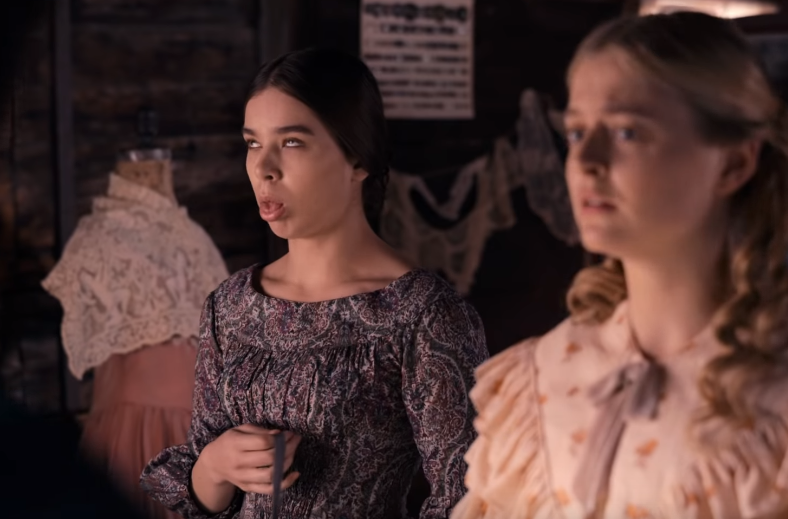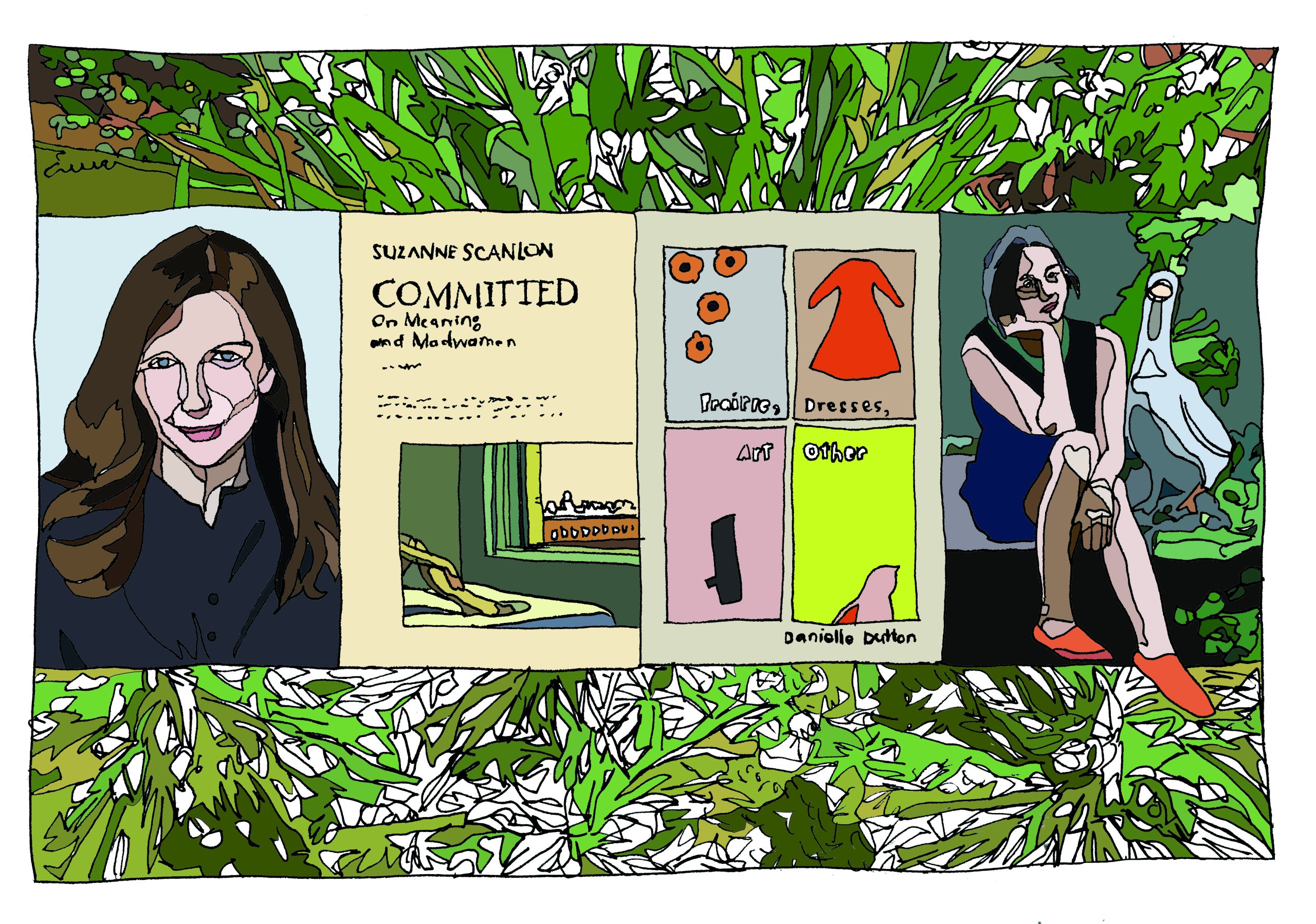Craft
Being Indian Is Not a Superpower
My characters are Native because they're Native, not because their Native-ness is going to let them save the world

Say you’re writing a story and the protagonist is a baseball player, or a war veteran, or a typist. Now, since you’re a person in the world, you’ve of course also been conditioned on the media we all are, meaning you’re also familiar with, say, Marathon Man. Amazing William Goldman novel, amazing William Goldman-scripted movie, I don’t mean to take a single thing away from it, would only ever try to heap even more praise on it, and urge us all to ever do even half as good as it does.
For anyone out there who hasn’t read or seen Marathon Man: this one dude’s a runner, maybe not Prefontaine-good, just Dustin Hoffman-good, but still, he’s committed, it’s always on his mind, it’s always getting his feet out there slapping the asphalt day after day. Through a series of Hitchcock-ish shenanigans, this self-styled runner ends up embroiled in a Nazi plot involving stolen Jewish diamonds. Lots of intrigue and close shaves and torture, just as the story doctor always orders, all culminating in this runner, in serious mortal jeopardy, using his… can you already guess?
His running turns out to be his “superpower,” the surprise ability that allows him to escape, survive, win the day.
Nothing at all wrong with that, you’ve seen it before, it tends to work. Writers are magicians, always slipping things into your pocket early on, when you’re not paying attention, then pulling them out precisely when they need you to go ahh.
Trick with Marathon Man, though? This runner, he elected to be a runner. His using that running to save his own life and win the day is an investment finally paying off. No, he didn’t know he was going to need his conditioning and technique to escape some Nazi holdovers, but now that he really-really needs to run, it’s not like he’s not going to use that conditioning and technique, right?
This build is golden, is bulletproof, is hardly the wrong move.
Except when it is.
My characters had always been Blackfeet all along. Just, I wasn’t hanging dreamcatchers and braids all over them.
Back when I was coming up through grad school, I had this kind of a-ha moment in fiction workshop. In my second or third story for the semester, I mentioned that my protagonist was Blackfeet. Nothing momentous, just, somebody in the story happened to ask, the character answered, move along now, it’s still the same story. But the workshop couldn’t quit talking about him being Indian. Which was pretty weird to me, since all of my characters had always been Blackfeet all along. There was never any reason to actually say it, but they always were. Just, I wasn’t hanging dreamcatchers and braids all over them, as that would be a lot like making them wriggle into loincloths so they could fit the limited expectations of . . . everyone, pretty much.
The workshop was now reading my story completely differently, though. They kind of put on tragic glasses, they set their eyebrows in that way that indicates “We’re talking about issues now,” and their voices were all sort of kinder, predisposed to pity and charity instead of carving up my pages as my pages needed carving up.
Like I say, it was weird and kind of off-putting, and was my first time to encounter that. It wasn’t my last. Once I started publishing novels, I quickly found that, at book events, I’d get questions that focused on Indian culture and life and history and “tragedy” (always the tragedy) more than on the story itself. It had stopped being weird by then, just felt wrong, like I was part of some unwholesome transaction—like I was selling my identity or my heritage along with my books. So I ran away, said screw this, I’m going to write about zombies and slashers and werewolves and private detectives and toilets and haunted houses and demons and—and giant invisible time-traveling caterpillars—and they’re going to be so loud and bloody that nobody will be able to ask those Indian questions anymore, and I can start selling books, not myself.
Worked great, and now I’m kind of able to still do the horror I love, but while also writing the people I know.
Still, though?
Every once and again, I’ll give a draft of a story to someone, and they’ll come back with the old saw I’m always hoping isn’t a thing anymore: Okay, so this character is Indian, but… why does that matter to the story? When will this Indian-ness, you know, activate? Or, to say it differently: So, this guy’s a runner, you say? What if his running can be the thing that he uses like a surprise at the end?
Okay, so this character is Indian, but when will this Indian-ness, you know, activate?
Sub in the baseball player using her fast-pitch or the war veteran using his military training or the typist using their speedy fingers to enter a page of dictated code just in time to save the missiles from deploying.
When you sub in other things for “Indian,” that question of “Why is this character Indian?” wants to make perfect story sense: to employ the kind of economy the reader expects, you of course use all the pieces of this puzzle you’ve already laid out.
Except the baseball player wasn’t born with the diamond in her eyes, the soldier didn’t come out knowing the chain of command, the typist doesn’t have QWERTY actually in the tangled letters of their genetic code. All these characters went the direction they went, made the choices they made, and so became a baseball player, a soldier, a typist.
Being Indian, though, that’s not a choice. You’re born Indian, you die Indian, and you’re Indian pretty much the whole way through, except maybe at Halloween, when other people get to buy a costume of you. You may end up also being a baseball playing typist on a submarine, but before and underneath all that, you’re Indian, man. Nothing to do about that.
And we can take that question apart a little, can’t we? Why is this character Indian? The assumption underneath that is that the default setting is “non-Indian,” not Native, un-indigenous. But that’s probably a bit too wide, a touch too charitable of a read.
The real default setting that question assumes isn’t just non-Native, it’s “white.”
So the question is actually “Why is this character not white?” And it’s not meant to be asked (I tell myself) in any violent or damaging way, it’s not intended as colonialism in action, it’s just some close reader’s awareness of fiction’s impulse—obligation, even—to utilize what’s there, and justify its presence.
I submit that a character being Indian doesn’t need justification, though.
I submit that, while I might want being Indian to be a superpower, a special ability, actually, contrary to popular myth, being Indian doesn’t even get you free college, right? It doesn’t jack you into casino money, it doesn’t make you automatically in tune with nature, and it doesn’t make you any sadder than everyone else about unrecycled cans in the creek. It also doesn’t make your cheekbones or your nose like this or like that, your name exotic to American ears, your hair long or short, your religion here, there, or anywhere.
It just means you’re Indian, in a world that’s largely not Indian. It means you probably don’t see yourself in the main role on the television show. It means you’re reduced to being the most insulting mascot as often as not. It means that people will be rocked back on their heels a little bit to learn you’re—gasp—vegetarian? But how can that be?
We don’t use every part of the buffalo anymore, no. Nowadays, we use every part of our self-control just to get through the day.
You don’t even have to be interesting at all. You just have to, you know, keep being.
And, yes, there’s heritage there if you want it, there’s community to plug into, there’s history to engage and resist, there’s fights to fight and stereotypes to undercut. But there’s also just, and simply, being born as you were born. There’s being Indian. At a certain point in your story, you’re not compelled to tie a bandanna around your head, unsheathe a tomahawk, and become the opposite of John Wayne. You’re not only interesting when standing at the barricade of a televised protest. You don’t even have to be interesting at all. You just have to, you know, keep being.
The best way to be the protagonist of your own story—which is also, I submit, the best way to write the protagonist of your story—is just to assume Indian-ness. Say it out loud on the page if you want, or don’t, it doesn’t matter. You’ll know.
But what if being Indian were a superpower, right? Whatever situation I’m in that I don’t want to be in, I just peel my shirt open to reveal my uniform beneath, the one with CUSTER DIED FOR YOUR SINS tooled into the belt, the one with MY HEROES HAVE ALWAYS KILLED COWBOYS beaded on the back, the one with FRYBREAD POWER stretched across the gut, and then a hawk screeches and the sun flashes and like that—
You get the picture. Or I do, each time I’m asked “why does it matter to the story that this character is Indian?”
My answer: it doesn’t.
But it also very much does.








